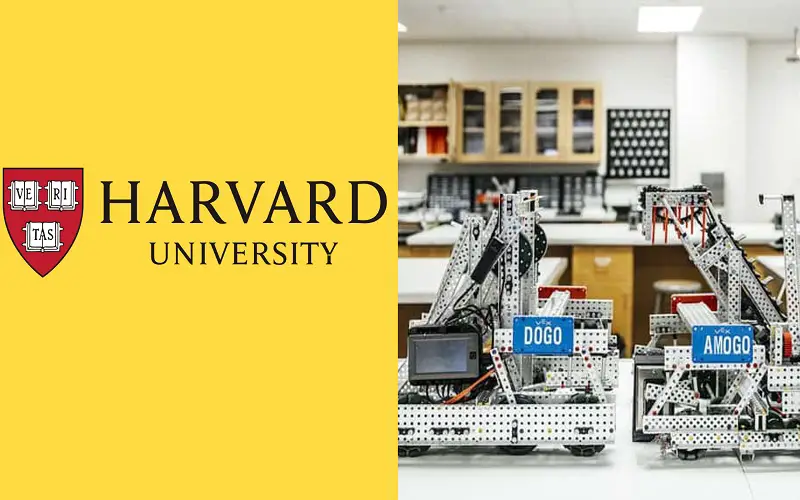Technology is making headlines every day. With the evolution of groundbreaking innovations like AI, the industry is currently in a boom phase.
Scientists are actively researching to bring innovation and move the industry forward. The primary goal of AI is to develop machines that can compete with humans in a wide range of tasks. AI labs are found within renowned technology companies, educational institutions, and independent organizations. They serve as a hub for innovative research and the invention of groundbreaking AI technologies. There are different stages involved in AI development.
The First stage involves development of Narrow AI, wherein machines are trained to mimic human actions and perform various tasks beyond human capabilities. The second stage involves the creation of Artificial General Intelligence, where the focus is to develop AI to a point where it can perform routine tasks like humans. Third stage is termed as Artificial Super Intelligence. Scientists are working towards ASI that can perform tasks exceeding human capabilities.
Research and development are an integral component of AI and its related industries. The majority of researches are conducted in labs equipped with highly specialized settings, tailored to meet the specific needs and goals of different studies. Here are the top 10 globally acclaimed AI research labs known for their contribution to AI and machine learning.
1. J.P. Morgan Research Lab
Morgan’s AI research lab is headquartered in New York city (U.S.A). The company’s research program focuses on identifying potential investment avenues and wealth-creation opportunities by utilizing a powerful combination of ML, AI, and data analysis. The company is actively engaged in conducting research in the field of AI and Cryptography to offer solutions that can create a positive impact on businesses and their valuable clients. Morgan primarily carries out research in the finance and banking sectors.

2. Alan Turing Institute
Alan Turing Institute was founded in 2015 as an apex institute for data science and artificial intelligence in the bustling city of London. The institute embodies 13 major universities and the prestigious Engineering and Physical Science Research Council, U.K. as its prime members. Alan’s AI lab focuses on introducing ethics in AI and predictive analysis in criminology. The primary goal is to address the challenges arising from installing robotics and autonomous systems.

3. LIVIA
The Laboratory of Imaging, Vision, and Artificial Intelligence, headquartered in Montreal, is a research group approved by ETS. The organization’s mission is to unite a community of students, professors, and associate members to shape the future of innovative technology. LIVIA encompasses various disciplines, such as computer vision, optimization of complex systems, and more.
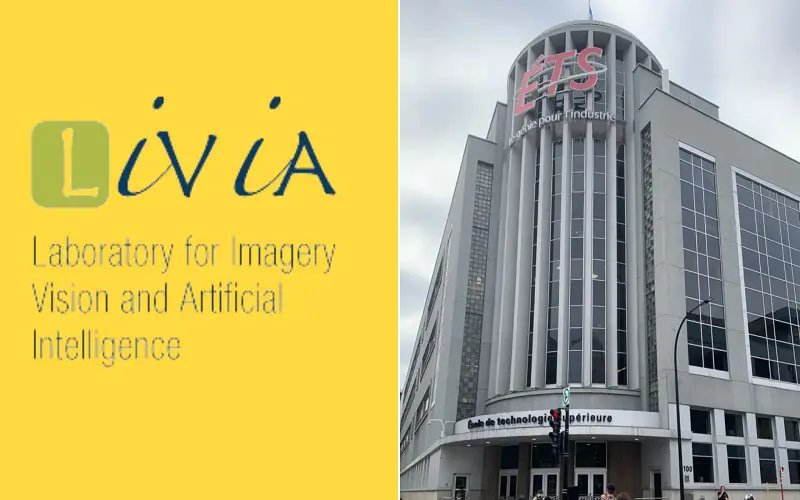
4. Microsoft AI Research Lab
Microsoft is a well-established brand in the world of computers. Microsoft’s AI research lab utilizes ML techniques to empower individuals within the organization to develop innovative solutions that address the critical challenges in the field of AI. Microsoft AI labs offer an environment to conduct fundamental research in privacy and cryptographies. Microsoft’s AI research team includes Adaptive Systems and Interaction Group, Audio and Acoustics Research Group, Augmented Learning and Reasoning, Casualty Research, and Cloud and Infrastructure Security Group.

5. Computer Science And Artificial Intelligence Laboratory
CSAIL, located within the campus provinces of the Massachusetts Institute of Technology, is a leading laboratory for AI and computer science. The CSAIL team focuses on research in computing to improve the way people function and manage their work. The team is actively engaged in conducting research on variety of topics, such as cybersecurity, education, entertainment, IOT, etc. The lab serves as a hub for various semi-autonomous research groups, each with their unique expertise in the areas of study such as AI, computational biology, robotics, language learning, and others.

6. Machine Learning Research Group
Oxford’s Machine Learning Research Group is a specialized group within the university’s Information engineering group. The AI lab is devoted to investing in innovative machine-learning methodologies and applications in engineering, industry, and commerce. AI in quantitative finance, autonomous intelligence systems, quantum optimization, and machine learning are some of the projects undertaken by the group.
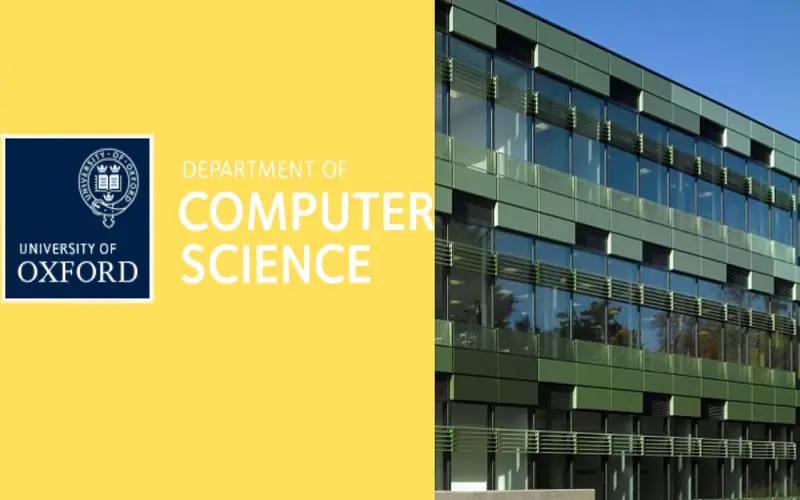
7. UTCS AI Lab
The University of Texas AI labs is dedicated to address critical challenges of machine cognition through theoretical exploration and practical application. The UTCS AI Lab boasts a dynamic core faculty of almost 50 Ph.D. students, affiliated professors from nearby departments, and a team of dedicated research staff. The projects undertaken in the lab include automatic programming, autonomous agents, data mining, logic-based AI, machine learning, and more.
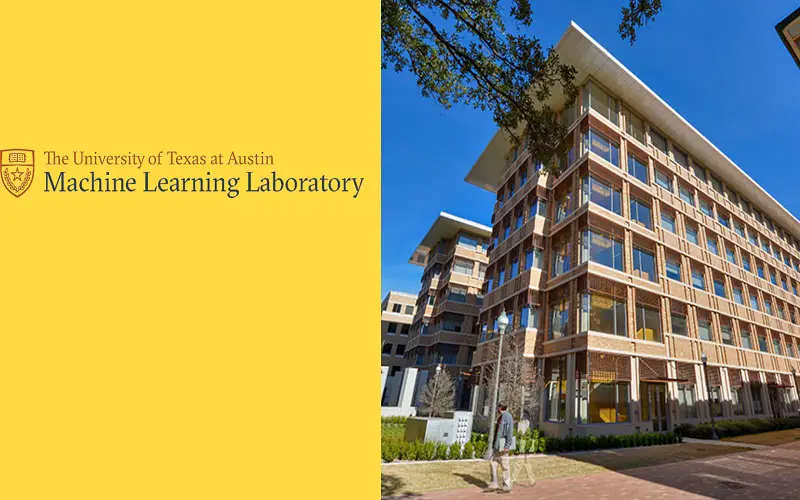
8. Berkeley AI Research Lab
Berkeley’s AI research lab unites computer experts in machine learning, natural language processing, robotics, and computer vision to drive innovative research in artificial intelligence. A dedicated team of over 50 faculty members and more than 300 graduates and Ph.D. researchers are actively involved in research activities like multi-modal deep learning.
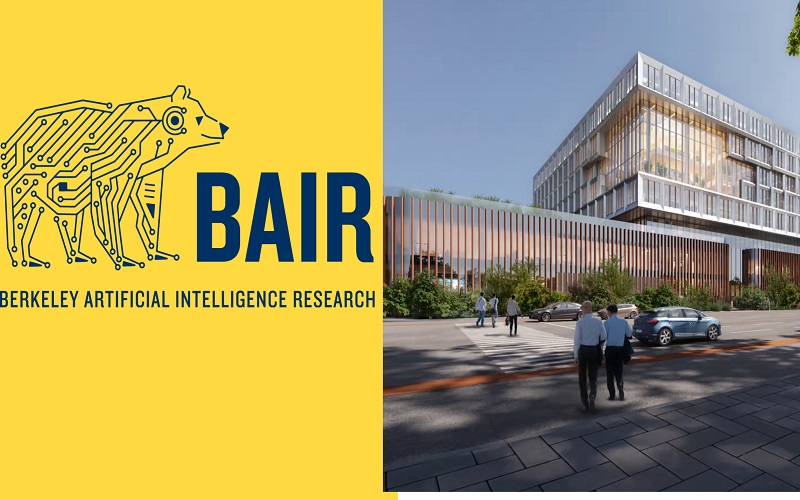
9. DeepMind
DeepMind is a pioneering AI subsidiary of Alphabet Inc., the parent company of renowned Internet entity Google. DeepMind’s AI lab is based out in the vibrant city of London. The lab focuses on extensive researching to enhance human knowledge and drive a positive global impact. The AI lab analyzes and mimics intelligence within the computer system to handle complex issues. DeepMind aims to create a highly adaptable problem-solving system in the field of AGI.
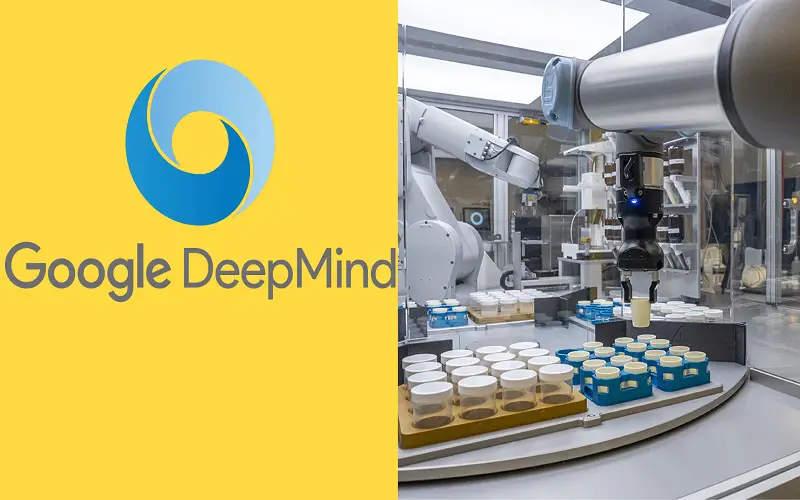
10. Harvard Robotics Lab
Harvard University’s Robotics lab has associated with industry giants like Toyota and Philips to create applications in biomedical instrumentation, intelligent sensors, and teleoperated robots. The Robotics lab works to determine the integral relationship between sensory and mechanical design in motor control for robots and humans. The researches are conducted within certain disciplines, such as neurophysiology, biomechanics, and system analysis. Image processing and medical imaging, robotic surgery, tactile sensing, and haptics are some significant projects conducted in Harvard’s Robotic lab.
